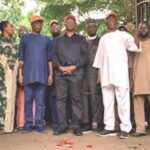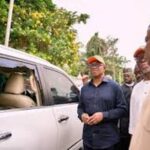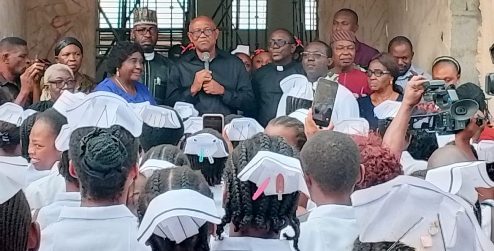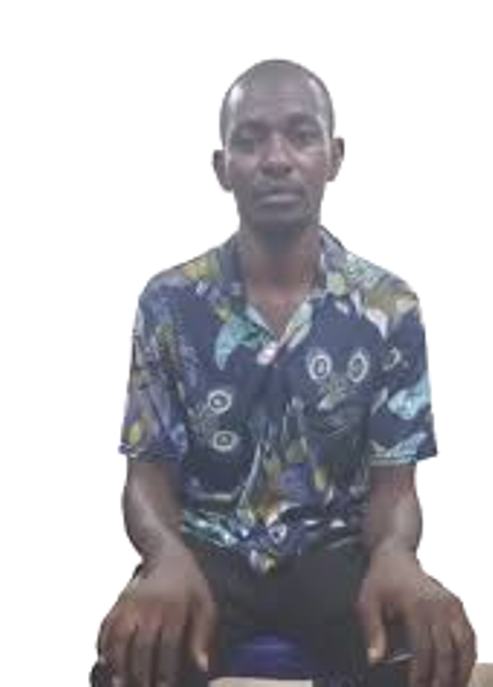LAGOS FEBRUARY 2ND (NEWSRANGERS)-The federal government has said that for electricity tariffs to reflect the actual cost of production, some Nigerians might need to pay over 65 per cent of what they are currently paying for a kilowatt/hour of electricity.
Special Adviser to President Bola Tinubu on Energy, Olu Verheijen, told Bloomberg that Nigeria’s power prices need to rise by about two-thirds for many customers to reflect the cost of supplying it.
Verheijen, who noted that an increase can be expected within months, however noted that the higher electricity tariffs will need to be balanced by subsidies for less-affluent consumers.
According to the special adviser, who spoke in Dar es Salaam, Tanzania, the additional fund is required for the maintenance needed to improve reliability and to attract private investors into power generation and transmission.
“One of the key challenges we’re looking to resolve over the next few months is transitioning to a cost-efficient but cost-reflective tariff,” Verheijen said in the interview.
This is needed “so the sector generates revenue required to attract private capital, while also protecting the poor and vulnerable,” she added.
The president had already taken a number of steps to ease the burden on state finances and encourage private investment since taking office in May 2023, including removing subsidies on motor fuel.
Power prices were already tripled for some customers last year.
While Nigeria, a nation of about 237 million people, has an electricity access rate of around 62 per cent, an erratic grid supply limits productivity and disrupts daily life, the report pointed out.
The move to raise tariffs comes amid mounting pressure from Nigeria’s debt-burdened electricity Distribution Companies (Discos) for tariffs to be cost-reflective so they can improve their finances.
The country privatised generation and distribution in 2013, yet prices set by the government’s Nigerian Electricity Regulatory Commission (NERC) don’t cover the suppliers’ costs. Government subsidies cover some of the difference, but profitability is hard to achieve, Bloomberg reported.
Verheijen was in Tanzania attending a World Bank-backed conference where Nigeria presented a $32 billion plan to boost electricity connections by 2030. Private investors are expected to contribute $15.5 billion and the rest will come from public sources, including the World Bank and African Development Bank (AfDB)
Nigeria’s power industry needs significant investment to achieve its development aims, Verheijen said.
Of the country’s 14 gigawatts of installed power, only eight gigawatts can be transmitted around the country and just four or five gigawatts can be directly delivered to homes and businesses, she noted.
Siemens AG is working with the government on a $2.3 billion project to improve transmission and distribution, while more than seven million Nigerians in rural areas have been given access to power via decentralised renewable projects.
“Your energy policies have to be closely linked with your own ambition for your country,” Verheijen said.
“Our own ambition is to be a $1 trillion economy in five years and to move to an upper-middle income country in 25 years,” she added.
ThisDay
For media advert placement, events coverage, media consultancy, placement of publications and further inquiries please WhatsApp 2348023773039 or email: labakevwe@yahoo.com











